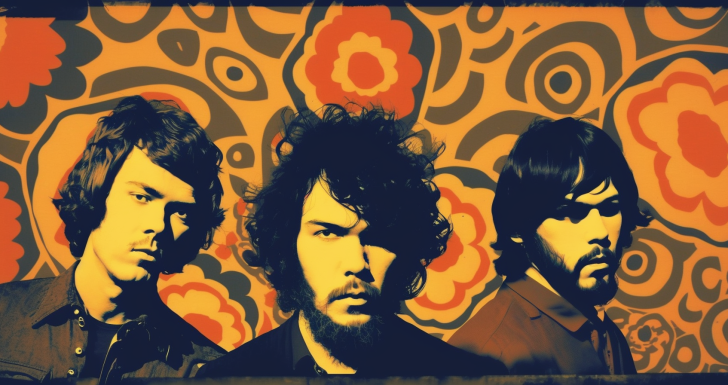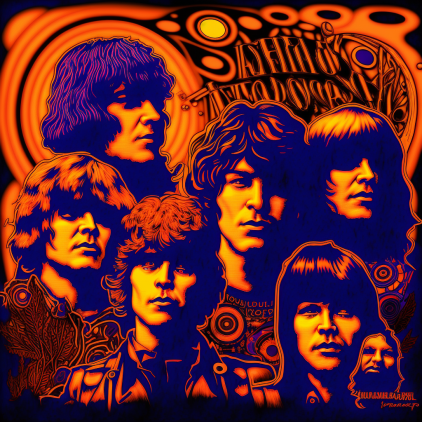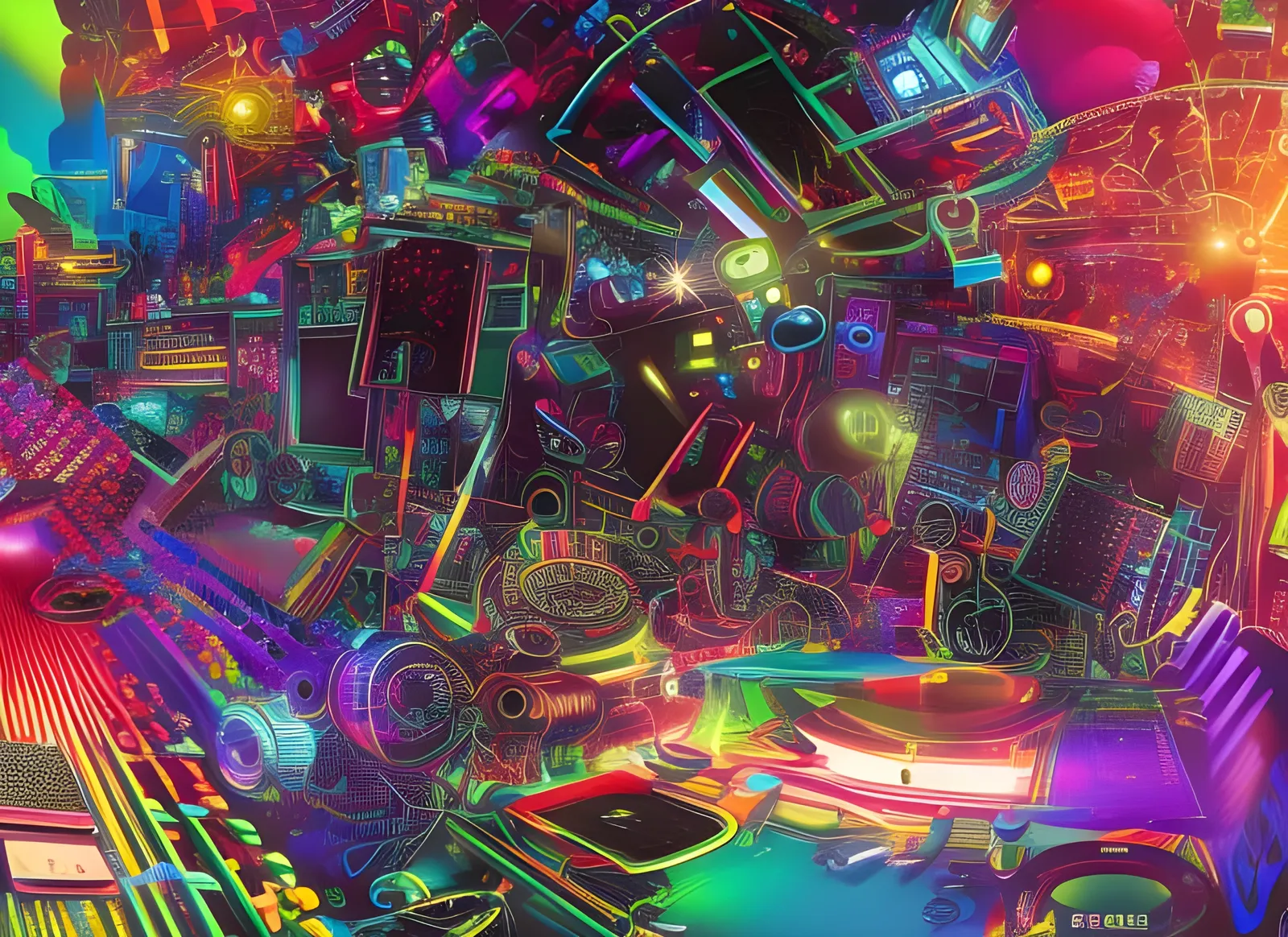
 The Role of Psychedelic Rock in Social Change
The Role of Psychedelic Rock in Social Change
Leave a comment
Psychedelic rock, a music genre born from the counterculture movement of the 1960s, revolutionized not just the sound of music but also society itself. Characterized by experimental sounds, extended solos, and surreal lyrics, psychedelic rock became an anthem for a generation seeking freedom, individuality, and radical change. This blog delves into how psychedelic rock influenced social change and why its legacy endures today.
The Origins of Psychedelic Rock
Influence of the Counterculture Movement
The rise of psychedelic rock is deeply intertwined with the counterculture movement. In the 1960s, young people across the globe challenged traditional values, rejecting societal norms in favor of peace, love, and communal living. The counterculture movement was fueled by dissatisfaction with war, racial injustice, and materialism. Psychedelic rock became the soundtrack of this rebellion, amplifying the voices of those who sought a more inclusive and liberated society.
Musical and Technological Innovations
Psychedelic rock genres distinguished themselves through their groundbreaking use of sound. Artists experimented with reverb, distortion, and non-Western instruments like sitars, blending diverse musical traditions into their work. Lyrics often reflected surreal or dreamlike imagery, pushing the boundaries of storytelling. For instance, Pink Floyd’s “Echoes” and The Beatles’ “Lucy in the Sky with Diamonds” exemplified how psychedelic rock lyrics conveyed messages of transcendence and self-discovery.
The Role of LSD in Psychedelic Rock
The influence of LSD and psychedelic rock is inseparable. LSD (lysergic acid diethylamide) became a symbol of the counterculture, with its hallucinogenic effects inspiring both the creation and consumption of psychedelic music. Songs like Jefferson Airplane’s “White Rabbit” and The Doors’ “The End” embodied the mind-expanding experiences associated with the drug. Psychedelic rock encouraged listeners to explore new realms of consciousness, echoing the movement’s ethos of breaking free from conventional thought.
Pioneers of the Genre
Some of the most iconic names in music history emerged from the psychedelic rock movement. The Beatles’ album Sgt. Pepper’s Lonely Hearts Club Band is often credited as a turning point for the genre, combining orchestral elements with experimental studio techniques. Pink Floyd’s groundbreaking albums, such as The Dark Side of the Moon, pushed the boundaries of sound engineering. Other influential bands, including The Grateful Dead and Jimi Hendrix Experience, crafted a new musical language that resonated with the era’s revolutionary spirit.
Psychedelic Rock as a Voice of Protest
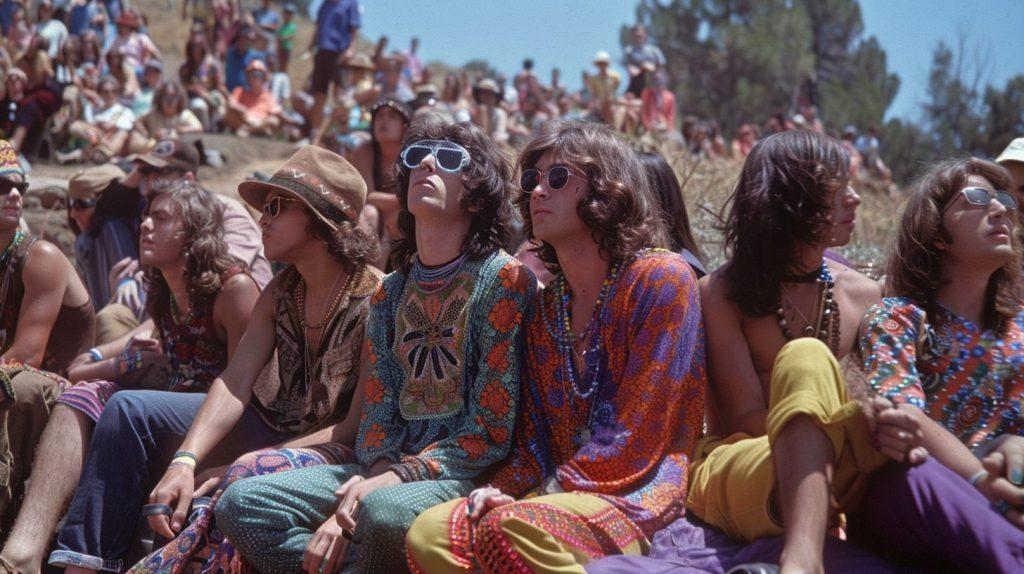
Anti-War Sentiment
The Vietnam War was a defining conflict of the 1960s, and psychedelic rock became a powerful medium for anti-war expression. Songs like Buffalo Springfield’s “For What It’s Worth” and Country Joe and the Fish’s “I-Feel-Like-I’m-Fixin’-to-Die Rag” articulated widespread opposition to the war. Through evocative psychedelic rock lyrics, these songs connected with audiences disillusioned by violence, fostering a collective yearning for peace.
Civil Rights and Equality
Psychedelic rock also became a platform for advocating racial and gender equality. Bands like Sly and the Family Stone embodied diversity, both in their membership and their music. Their hit “Everyday People” celebrated unity and inclusion, mirroring the civil rights movement’s goals. Female artists like Janis Joplin broke barriers in a male-dominated industry, inspiring a generation of women to defy societal expectations.
Redefining Social Norms and Values
Challenging Traditional Morality
One of psychedelic rock’s most significant contributions to social change was its challenge to traditional morality. Psychedelic rock lyrics often explored topics considered taboo, such as drug use, sexuality, and existential questions. These songs invited listeners to question societal constraints, opening the door to more open-minded and progressive attitudes.
Shifting Views on Individual Freedom
Psychedelic rock genres celebrated individuality and self-expression, empowering people to embrace their uniqueness. Festivals like Woodstock epitomized this ethos, gathering hundreds of thousands to celebrate music, peace, and unity. Psychedelic rock not only reflected the counterculture movement but actively shaped its ideals.
Influence on Youth Culture
For the youth of the 1960s and 1970s, psychedelic rock was more than music—it was a way of life. It inspired fashion, art, and even political activism, becoming a unifying force for young people across the globe. The communal spirit fostered by the music created lasting bonds and shaped a generation.
Global Influence of Psychedelic Rock
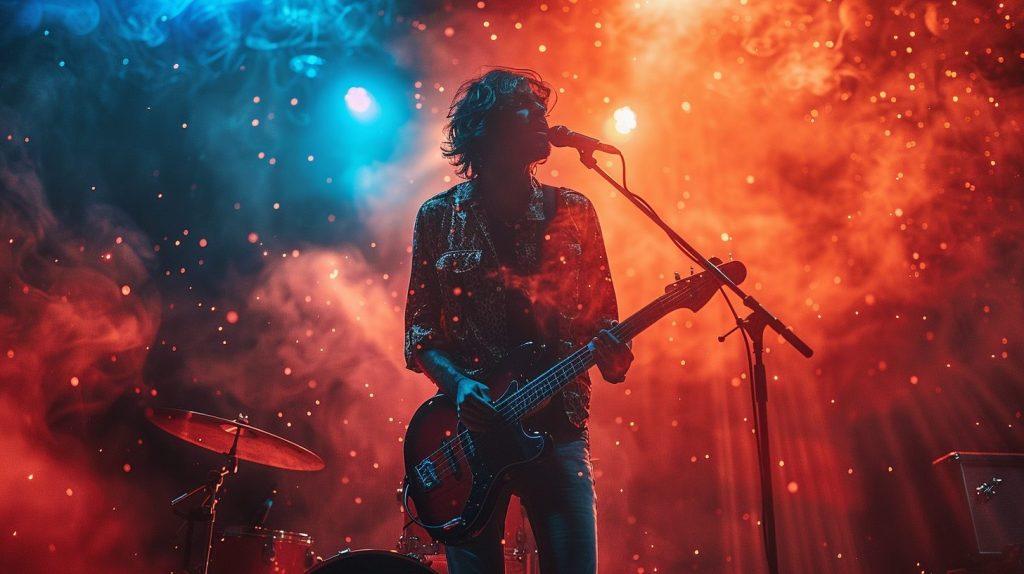
Spreading Countercultural Ideals Worldwide
Psychedelic rock transcended national boundaries, spreading the counterculture movement’s ideals to Europe, Asia, and beyond. Bands like Pink Floyd in the UK and Os Mutantes in Brazil added their unique flavors to the genre, creating a global tapestry of sound and ideology. These adaptations enriched the movement and expanded its reach.
Impact on Political Movements
In some countries, psychedelic rock played a role in revolutionary movements. For example, in Eastern Europe, underground psychedelic rock bands defied authoritarian regimes, using their music as a form of resistance. These artists proved that the genre’s spirit of rebellion and change could thrive even in oppressive conditions.
Long-Term Impact of Psychedelic Rock on Society
Evolution of Modern Music and Art
Psychedelic rock’s influence is evident in the evolution of modern music. Progressive rock, electronic music, and even indie rock owe much to the genre’s innovations. Artists like Tame Impala and MGMT continue to draw inspiration from psychedelic sounds, keeping its legacy alive. Additionally, the vibrant visual art associated with the genre, from album covers to concert posters, has become an enduring cultural hallmark.
Enduring Legacy in Social Movements
The themes of psychedelic rock—peace, freedom, and equality—remain relevant in modern activism. From climate change protests to movements for social justice, the music’s message continues to inspire new generations. Festivals like Coachella and Burning Man often evoke the communal spirit of the original counterculture era, showing that the ideals of psychedelic rock still resonate.
Psychedelic Rock—A Revolution That Resonates
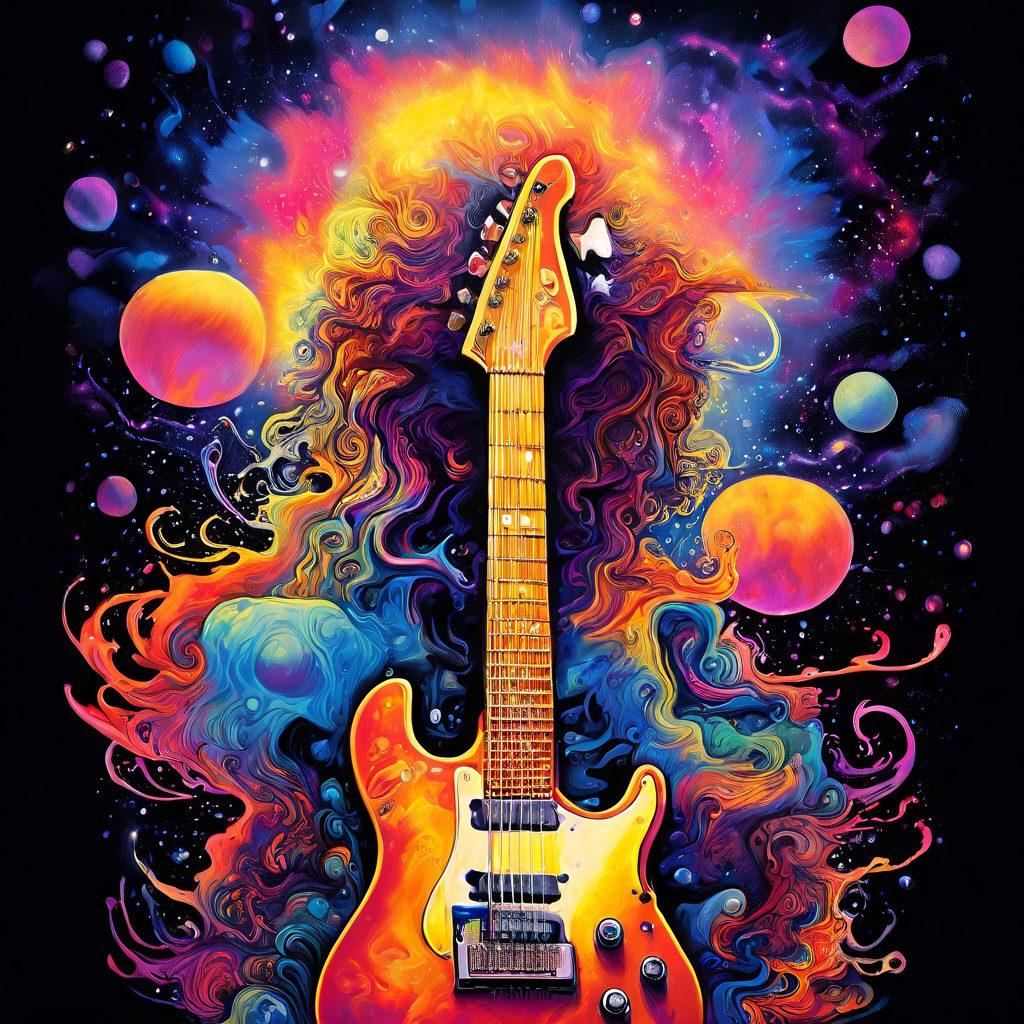
Psychedelic rock was not just a musical revolution; it was a cultural phenomenon that transformed society. From its roots in the counterculture movement to its role in advocating for social change, the genre challenged norms, inspired activism, and redefined art and music. The connection between LSD and psychedelic rock, along with its exploration of spirituality and freedom, gave the genre a distinct identity that resonates even today.
Whether through its evocative psychedelic rock lyrics or its enduring influence on modern genres, psychedelic rock remains a symbol of hope, rebellion, and transformation. Its legacy serves as a reminder that music has the power to change the world—a lesson as vital now as it was during the turbulent 1960s. Psychedelic rock in social change is not just history; it’s an ongoing story of creativity and courage.
Categorised in: Psychedelic

